The Volokh Conspiracy
Mostly law professors | Sometimes contrarian | Often libertarian | Always independent
Mission to Israel Part VI: The Hostages
Bring them home now!
[After a brief hiatus, this is the sixth post in my series on my mission to Israel. You can read Parts I, II, III, IV, and V.]
It is difficult to describe the extent to which October 7 impacted the psyche of Israelis. In particular, there is a constant awareness of the hostages. Walls and billboards throughout the country are plastered with the familiar sign: the person's name and age in red letters against a white background; a photograph of the person in happier times; and bold letters: "Bring Him/Her Home Now!"
From the moment you get off the airplane, you see over one hundred posters lining the ramp to customs.
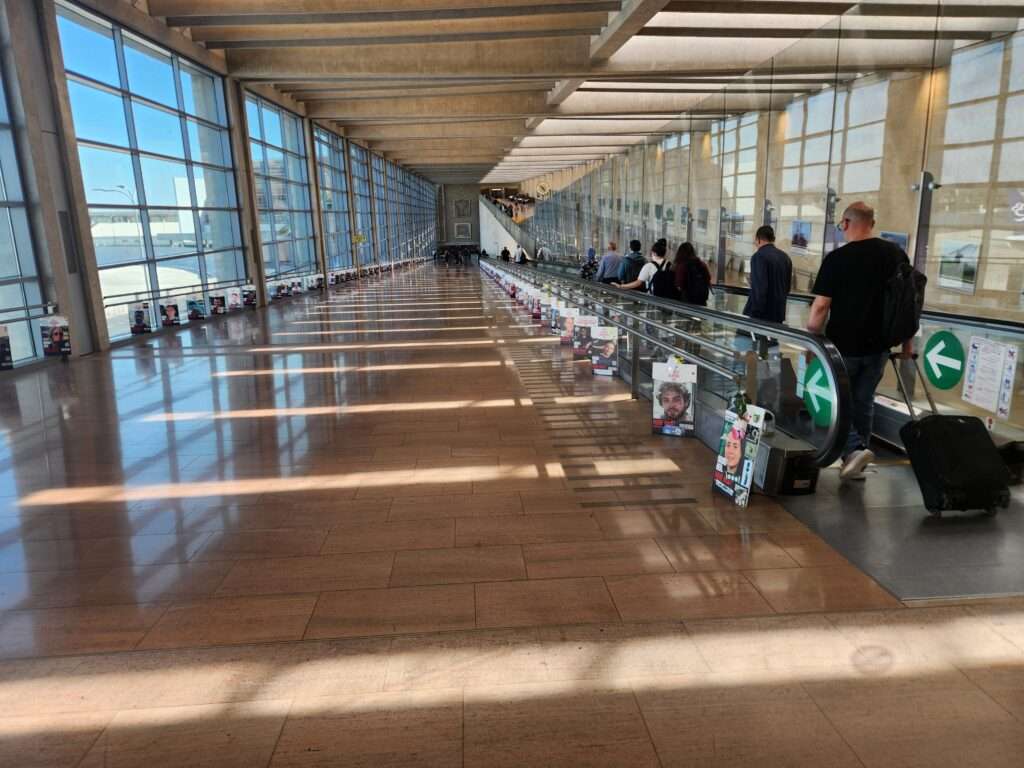
Various locations curate different ways of remembering the hostages. At the National Library of Israel, a poster of each hostage was placed on a chair, with a book that person enjoyed. For the Bibas brothers, who were nine months and four years old when kidnapped, they had kid chairs and kid books.
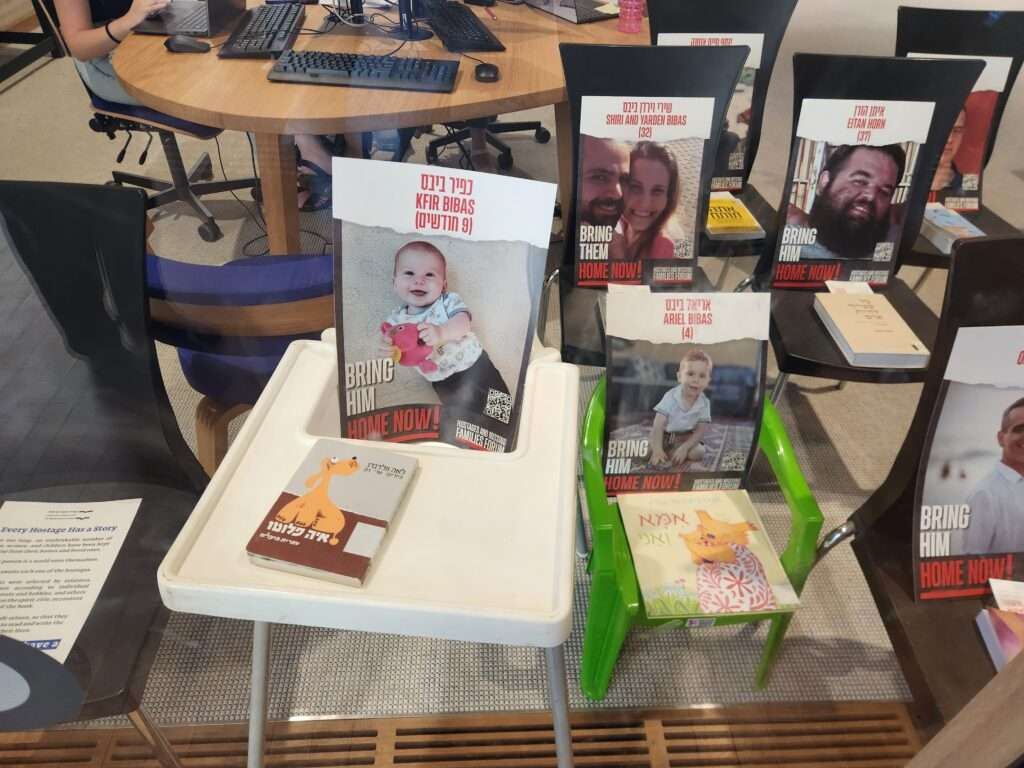
The signs appear everywhere. The only experience that I can slightly relate to was the prevalence of American flags after 9/11. At least in New York, I think almost every kid brought an American flag to school for at least some period after the terrorist attacks. But eventually that patriotism faded; or, as I learned a new word, the patriotism became jingoism.
Artists also created illustrated versions of the sketches.
Again, the drawing of the Bibas brothers was especially heart-breaking. The younger son has now spent more of his life as a hostage than outside.
During our mission, we visited the headquarters of the Hostage & Missing Family Forum. This organization sprung up in the wake of October 7 to advocate for the interest of families of those who were taken hostage, as well as those whose bodies were missing in Gaza. In a fairly short period of time, a sophisticated operation developed.
This board depicts all of the various media outlets the group has appeared on.
But there are divisions. Not everyone agrees what "Bring them home now!" means. Is this message an ultimatum to Hamas? Or an ultimatum to the Netanyahu government?
Even among Israelis, there is a stark disagreement about how to handle the hostage situation. In years past, Israel went to great lengths to bring back hostages, including by releasing many dangerous prisoners--including Yahya Sinwar, who has become the head of Hamas. What is the cost of bringing back the hostages? What is the cost of not bringing back the hostages? These questions are exceptionally difficult. I think media coverage only shows the side of the poor families who want their loved ones brought home at any cost. But, as with any public policy decision, costs are never so easily balanced.
We met with one woman whose nephew, a soldier, was kidnapped on October 7. She described the agony of not knowing whether he was dead or alive. They held a funeral for him, with an empty casket. She later found out that he had been killed, but at the time, did not know where his body was.
Shortly after our trip, the body of Staff Sgt. Tomer Yaakov Ahimas, 20 was recovered from Gaza and brought to Israel. They were able to hold a proper funeral with Tomer's remains.
I will continue this series tomorrow with a post about the restricted surveillance tapes.


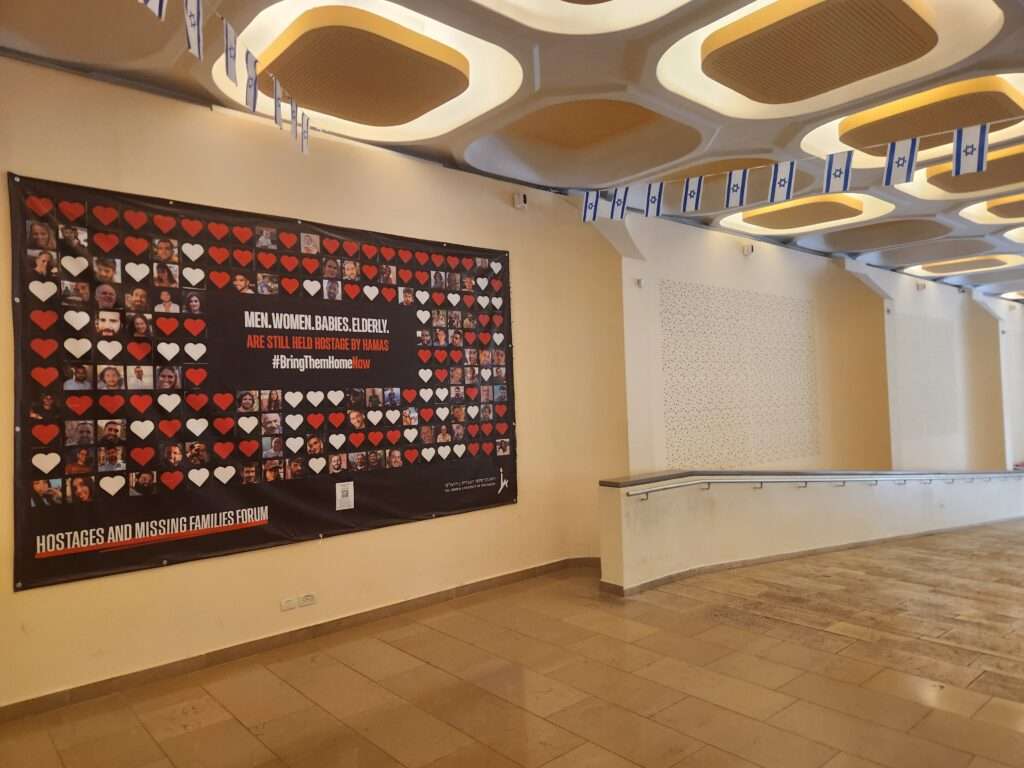
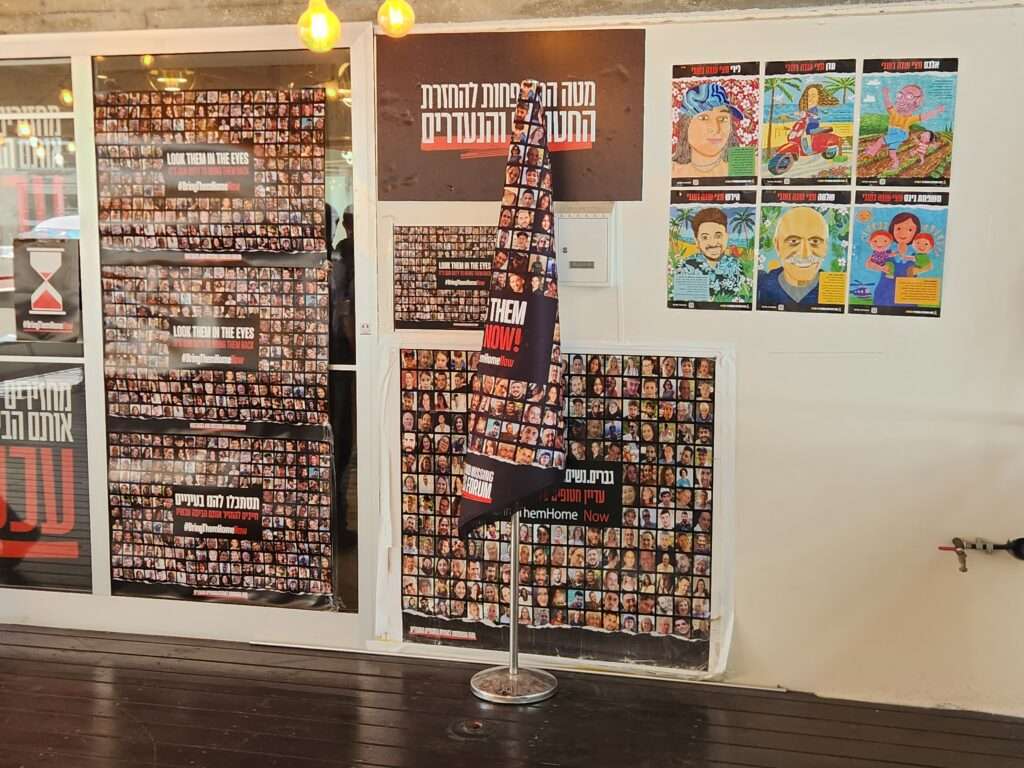

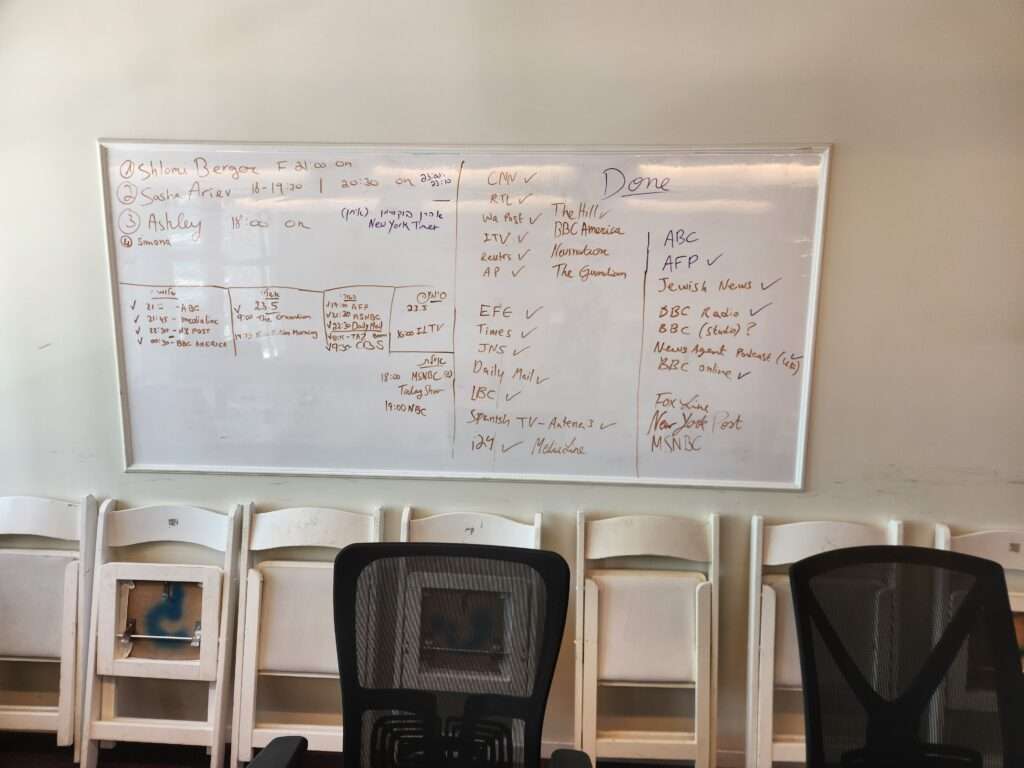



Show Comments (26)